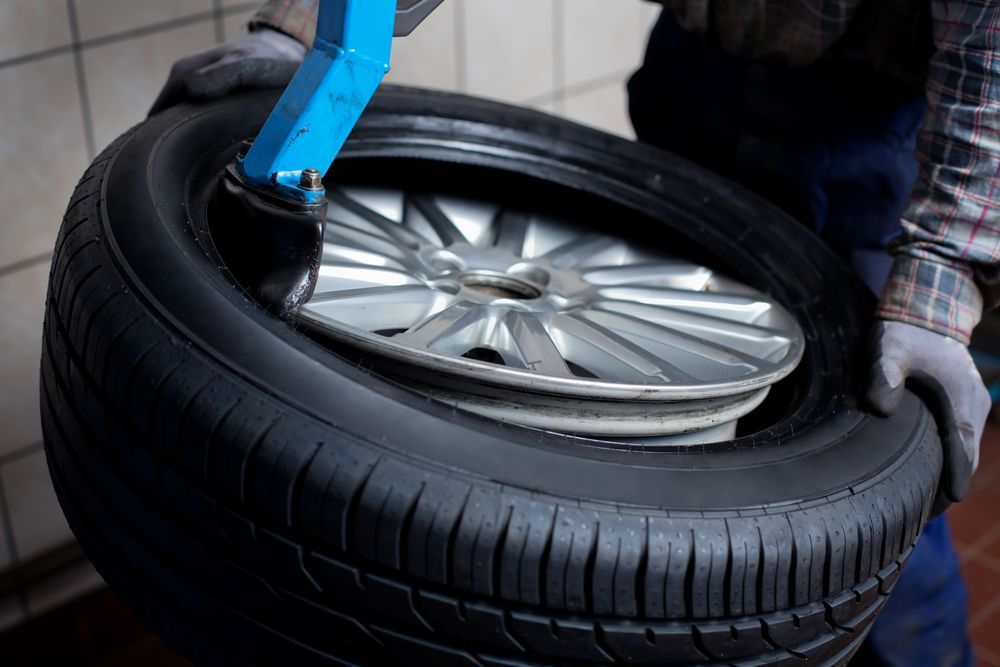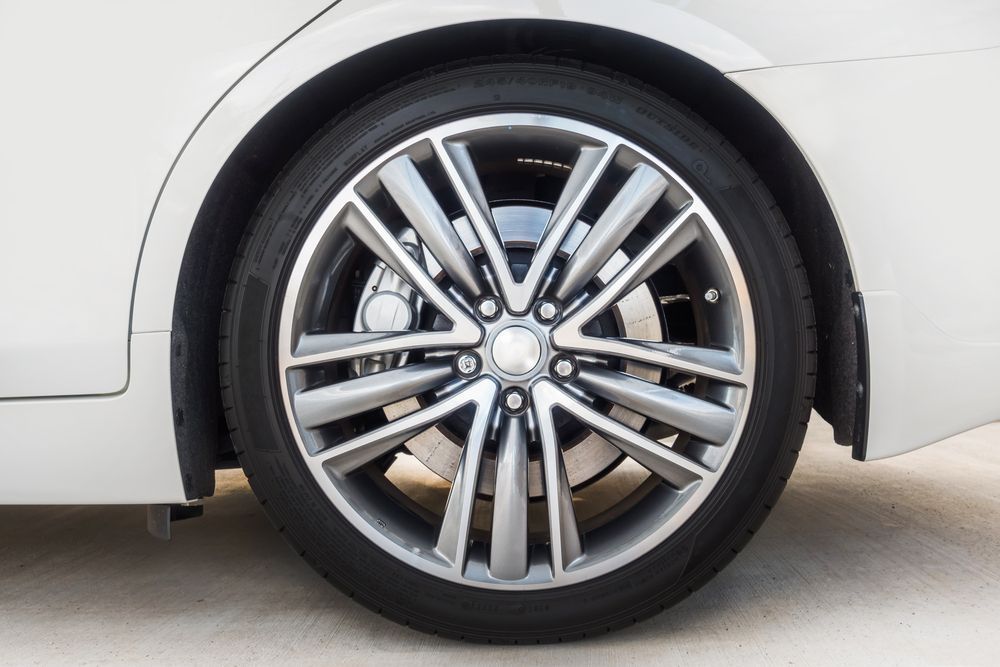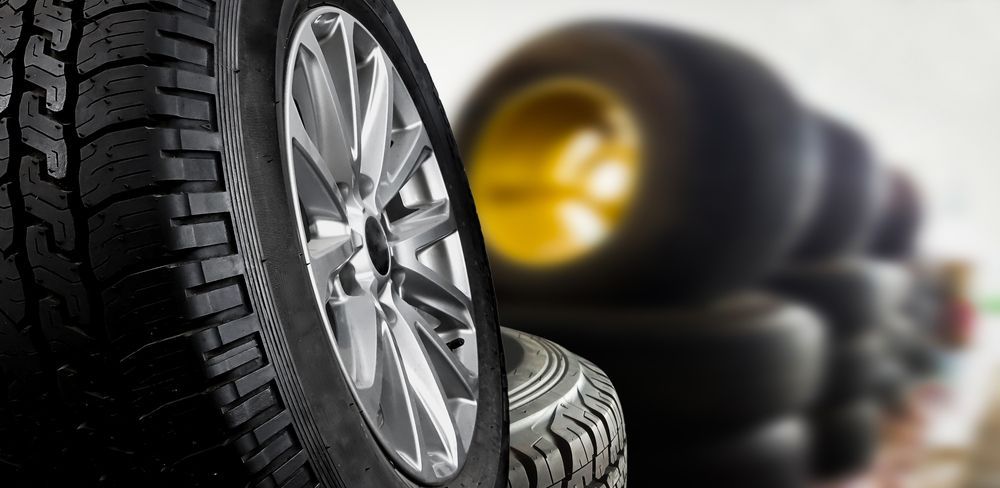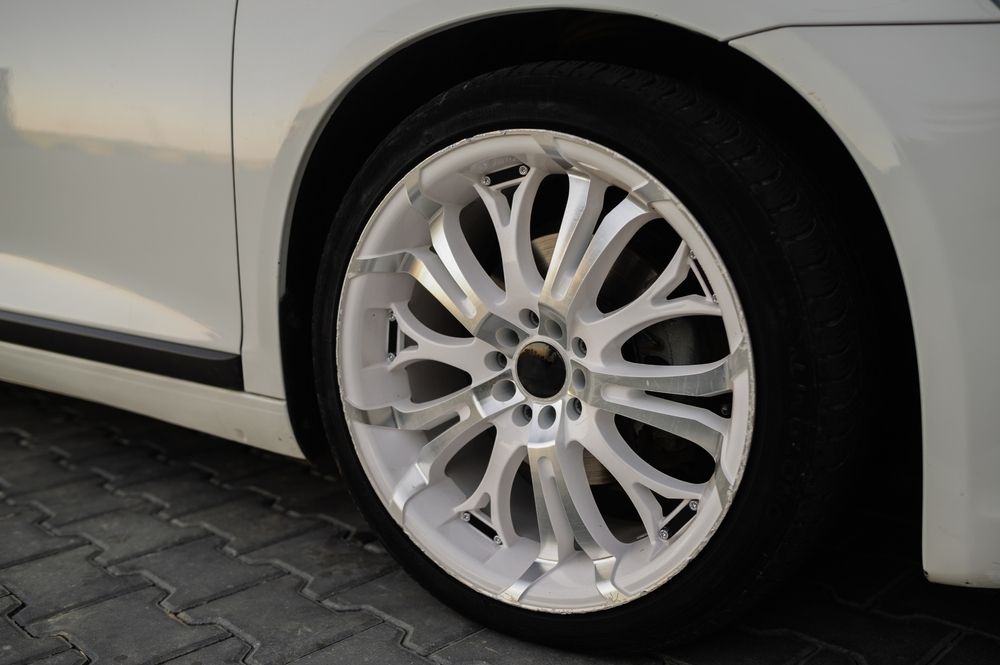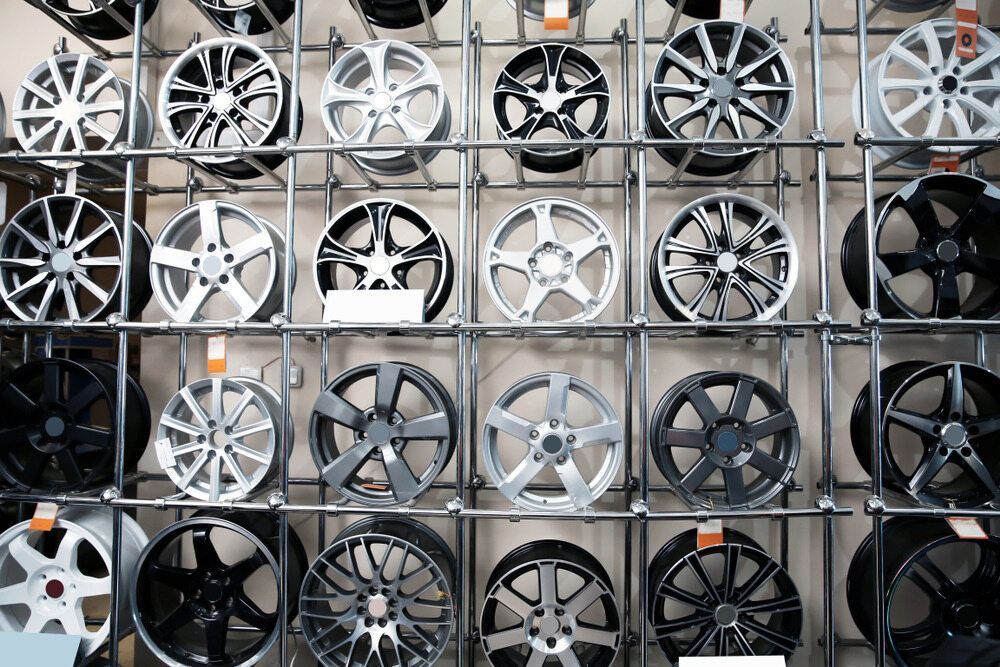Style Meets Function
Alloy & Steel Wheels in Ballarat
Upgrading your wheels isn’t just about looks—it’s about getting the right balance of strength, weight, and performance for how and where you drive. At Stamford Tyres in Ballarat, we supply and fit a wide range of steel and alloy wheels to suit everything from everyday vehicles to off-road rigs. Whether you’re after something tough for rural roads, or a sleek finish to level up your car’s appearance, we’ve got options to match.
Our team will walk you through what fits, what works, and what’ll help your tyres last longer—because your wheels play a bigger role than you might think. Got a specific style or function in mind? We’ll help you choose what’s right for your vehicle and your budget. Call us today on 03 5332 4111 and let’s find the perfect fit.
Steel & Alloy Options
Performance & Style
Expert Fitment Advice
Function Meets Form
Choosing the Right Wheels
Wheels aren’t a one-size-fits-all decision—they directly affect your handling, fuel economy, and even how your brakes perform. Steel wheels are often the go-to for durability and toughness, making them great for heavy-duty or off-road applications. Alloy wheels, on the other hand, offer better heat dissipation and a lighter build, which can improve overall handling and efficiency. They’re also a popular pick for anyone wanting a modern or sporty look.
The right choice depends on your driving needs and personal preferences—but whichever way you lean, fitment is key. We’ll help you weigh the pros and cons, match the right wheel size and stud pattern to your vehicle, and ensure everything is fitted properly for safety and longevity. Whether you’re upgrading, replacing, or just exploring your options, drop in and chat with the team—we’re ready to help you roll with confidence.
Steel
Steel wheels are known for their strength, reliability, and affordability. They’re ideal for drivers who prioritise durability over design, making them perfect for commercial vehicles, work utes, or winter driving conditions. Their heavier build helps resist impact damage, and they’re easy to repair or replace if damaged. If you’re after practical wheels that can take a beating, steel is a solid choice.
Alloy
Alloy wheels offer a lighter, more stylish alternative to steel. Their reduced weight improves handling and fuel efficiency, while their refined finishes enhance the look of your vehicle. Suitable for everyday drivers, performance cars, and 4WDs alike, alloy wheels come in a variety of sizes and styles. We’ll help you find the right fit for your car, driving needs, and aesthetic preferences.
FAQ
Everything You Need To Know
What’s the difference between steel and alloy wheels?
Steel wheels are made from pressed and welded steel and are known for their strength, durability, and lower cost. They’re heavier than alloy wheels, which makes them less efficient in terms of fuel economy, but ideal for rugged use, such as off-road driving or work vehicles. Alloy wheels, typically made from aluminium or magnesium blends, are lighter and offer better heat conduction, which can enhance braking performance and handling. They’re also available in a wider variety of styles and finishes, making them popular for aesthetic upgrades. The right choice depends on your driving style, environment, and budget.
How do I know what wheels fit my car?
To ensure a proper fit, several factors need to match your vehicle’s specifications. These include the bolt pattern (also known as the PCD – pitch circle diameter), wheel diameter, width, offset, and centre bore size. Most of this information can be found in your car’s manual, on the tyre placard (usually located on the door jamb), or by referencing your existing wheels. Installing the wrong size or offset can lead to rubbing, poor handling, or even safety issues. If you're upgrading from stock wheels to custom ones, it's important to ensure the new wheels meet all these specs or are professionally checked before fitting.
Can changing wheels affect fuel economy?
Yes, wheel size, weight, and material can all impact fuel efficiency. Heavier wheels (such as steel) add rotating mass, which requires more energy for acceleration, especially in stop-start traffic. Larger wheels may also require tyres with lower sidewalls (low profile), which can increase rolling resistance and lead to reduced efficiency. On the other hand, lightweight alloy wheels can reduce strain on the engine and improve fuel consumption slightly. However, the difference is generally modest unless you make extreme changes to wheel size or weight.

